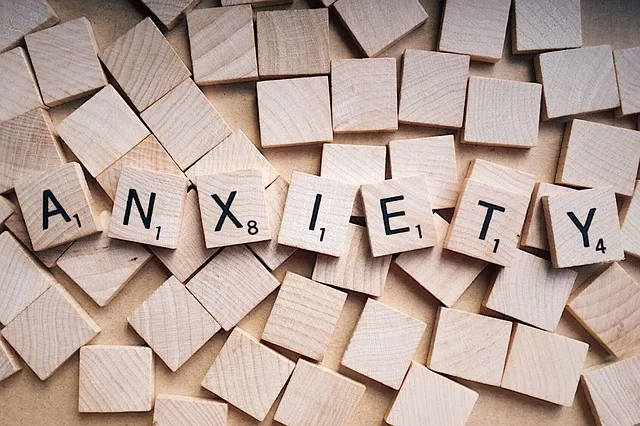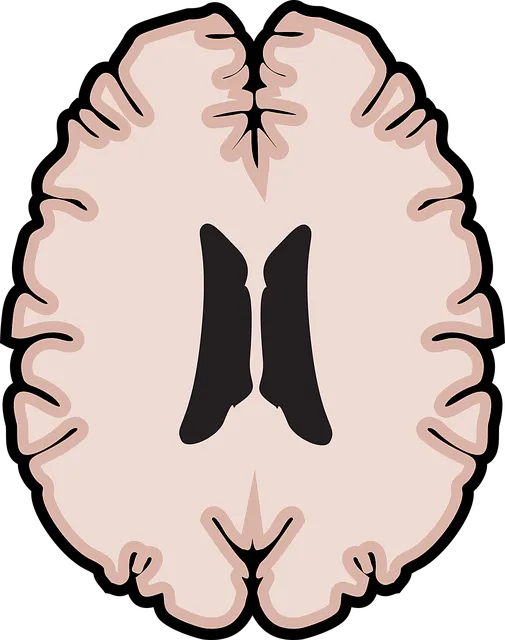The Northglenn Kaiser Permanente mental health department (a key support system) combats burnout among healthcare providers through innovative strategies, including mindfulness meditation and evidence-based practices. They offer tailored solutions like therapy, group support, workshops, and crisis intervention to manage stress, enhance resilience, and promote work-life balance, ensuring optimal patient care. Their focus on open communication, self-care, and a supportive culture makes them a vital resource for healthcare professionals at risk of burnout.
“In recent years, healthcare provider burnout has emerged as a pressing issue within the industry, particularly at organizations like Kaiser Permanente Northglenn. This comprehensive guide explores effective strategies to combat burnout among medical professionals, focusing on the mental health support offered by Kaiser’s Northglenn department and other key practices.
With an estimated [mental health department] serving countless patients, understanding burnout prevention is vital for maintaining a healthy workforce and ensuring quality patient care.”
- Understanding Burnout Among Healthcare Providers: A Growing Concern
- The Role of Mental Health Support at Kaiser Permanente Northglenn
- Strategies for Work-Life Balance: Prioritizing Self-Care
- Fostering a Culture of Open Communication and Feedback
- Enhancing Resiliency and Coping Mechanisms for Long-Term Burnout Prevention
Understanding Burnout Among Healthcare Providers: A Growing Concern

Burnout among healthcare providers is a growing concern, with high-stress environments and heavy workloads contributing to significant rates of fatigue, disengagement, and reduced job satisfaction. This phenomenon, characterized by emotional exhaustion, depersonalization, and a sense of reduced personal accomplishment, poses substantial risks not only to the well-being of medical professionals but also to patient safety and healthcare quality. The Northglenn Kaiser Permanente mental health department has identified this pressing issue and is at the forefront of implementing burnout prevention strategies.
The growing number of healthcare providers seeking trauma support services highlights the need for proactive measures. By integrating mindfulness meditation and other evidence-based practices, Kaiser Permanente’s mental health department aims to equip medical professionals with tools to manage stress, enhance resilience, and maintain a healthy work-life balance. These initiatives reflect a broader trend in the industry to prioritize mental health and well-being, recognizing that a happy and resilient workforce is essential for delivering optimal patient care.
The Role of Mental Health Support at Kaiser Permanente Northglenn

At Kaiser Permanente Northglenn, the mental health department plays a pivotal role in supporting healthcare providers and addressing burnout prevention. This dedicated team offers a comprehensive suite of services designed to enhance well-being and resilience among medical staff. Through individual therapy sessions, group support meetings, and specialized programs, healthcare professionals can access tailored solutions to navigate the challenges they face.
One notable initiative is the Stress Management Workshops Organization, which provides practical tools and techniques to help providers manage stress and improve their overall mental health. Additionally, Social Skills Training sessions foster a supportive environment, encouraging open communication and collaboration among colleagues, thereby reducing feelings of isolation. The mental health department also spearheads Mental Illness Stigma Reduction Efforts, aiming to create an inclusive culture where healthcare providers feel comfortable discussing their well-being without fear of judgment.
Strategies for Work-Life Balance: Prioritizing Self-Care

Maintaining a healthy work-life balance is crucial for healthcare providers to prevent burnout and promote well-being. At Northglenn Kaiser Permanente’s mental health department, professionals prioritize self-care as a foundational strategy. This involves setting clear boundaries between personal time and professional responsibilities. By scheduling dedicated moments for rest, recreation, and social connections, healthcare workers can recharge and rejuvenate, enhancing their resilience to stress.
Additionally, the mental health department offers valuable resources such as confidence-boosting workshops and positive thinking exercises. These initiatives empower providers with coping mechanisms to navigate challenging situations while fostering a supportive environment. Moreover, crisis intervention guidance is readily accessible, ensuring that staff members have the tools needed to manage potential burnout triggers effectively.
Fostering a Culture of Open Communication and Feedback

At Northglenn Kaiser Permanente’s mental health department, fostering an open culture of communication and feedback is paramount in preventing burnout among healthcare providers. This involves creating safe spaces where professionals feel comfortable sharing their experiences, concerns, and suggestions for improvement. Regular staff meetings, anonymous feedback channels, and one-on-one discussions with supervisors can significantly enhance this process. By actively listening to and addressing these inputs, the department can identify potential burnout triggers early on and implement targeted interventions.
Emotional regulation is a key aspect of burnout prevention, and mental health awareness plays a crucial role in this regard. Encouraging self-care practices among staff members, such as mindfulness exercises, regular exercise, and adequate sleep, can help healthcare providers maintain emotional balance amidst high-stress work environments. Additionally, providing resources for stress management and offering peer support services can further contribute to creating a resilient and supportive work culture within Northglenn Kaiser Permanente’s mental health department.
Enhancing Resiliency and Coping Mechanisms for Long-Term Burnout Prevention

Healthcare providers, like any other profession, are at risk of burnout due to the demanding nature of their work. Enhancing resilience and coping mechanisms is a proactive approach to prevent long-term burnout. The Northglenn Kaiser Permanente mental health department plays a pivotal role in supporting healthcare professionals by offering resources for stress management and emotional well-being.
This includes various programs focused on self-esteem improvement, mindfulness techniques, and risk assessment tools to identify early signs of burnout. By equipping providers with effective coping strategies, they can better navigate the challenges of their roles and maintain a healthier work-life balance. These initiatives contribute to the overall wellness of healthcare professionals, ensuring they remain dedicated and engaged in providing quality patient care for years to come.
Healthcare provider burnout is a significant issue, but with the right strategies, organizations like Northglenn Kaiser Permanente can foster a resilient and supportive environment. By prioritizing mental health support through accessible departments (like their own mental health services at KP Northglenn), encouraging open communication, and implementing work-life balance initiatives, healthcare providers can prevent burnout and maintain high-quality patient care. Enhancing resilience and coping mechanisms ensures professionals have the tools to navigate demanding situations, making it a comprehensive approach to long-term well-being.






